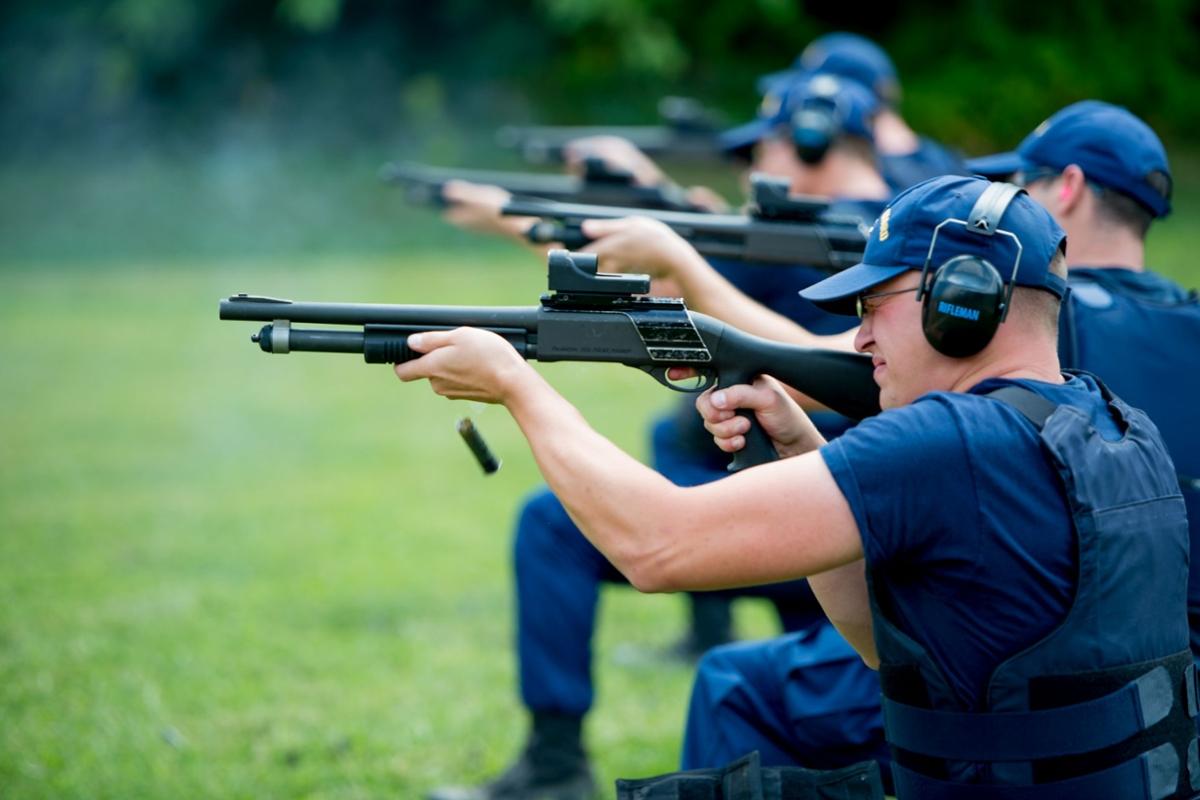Guns are all over the news, but have you ever heard of the gun embodiment effect? It’s a concept researchers came up with after wondering whether the act of wielding a gun would make a person perceive other people as wielding a gun as well.
In an experiment designed to test the idea, 200 participants were given either a fake gun or a spatula, and were shown a series of images of people either holding a gun or a shoe. A motion-tracking system measured the speed and accuracy of their reactions to these images. Participants who were holding a gun were about 8 milliseconds slower to make a judgement about whether the person in the image was also holding a gun. Researchers interpreted this longer reaction as the result of a person needing time to fight against their automatic assumption that the person in the image had a gun. At the same time, the participants holding a gun were 1% more likely to misperceive the person in the image as wielding a gun than participants who held a spatula. Though the differences were small, researchers say they could have a meaningful effect over the course of interactions in the real world, such as a gun-wielding police officer shooting an unarmed person due to a misperception.
Although this study was too small to draw a conclusion, researchers say it’s possible this bias is universal: prior gun experience, attitude, personality, emotional regulation, and impulsivity didn’t affect participants’ reactions. That’s not to say other factors couldn’t make a difference—and researchers say studying that is the next step.










